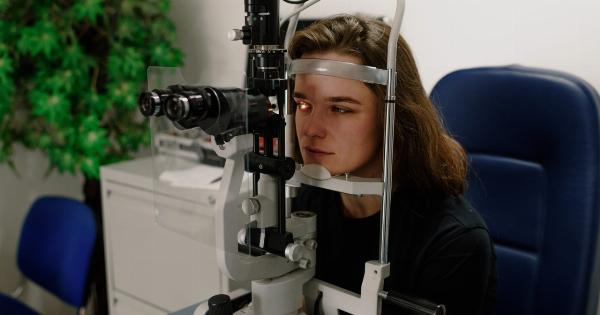As we age, the functioning of our vital organs naturally declines. The lungs are no exception. Over time, they can lose elasticity, making it harder to breathe properly. However, some factors can speed up this process, causing damage that is irreversible.
In this article, we will take a closer look at these factors that age your lungs and how to reduce their impact.
1. Smoking
Smoking is the leading cause of lung damage and is responsible for around 80% of lung cancer cases. Cigarette smoke contains more than 70 known cancer-causing chemicals, which can cause irreparable harm to the lungs.
Smoking also causes respiratory infections, chronic bronchitis, and emphysema.
2. Pollution
Air pollution is a major contributor to lung aging. Fine particulate matter, such as smog and smoke, can penetrate deep into the lungs and cause inflammation.
This results in long-term damage to the respiratory tract, increasing the risk of developing chronic obstructive pulmonary disease (COPD) and lung cancer. Radon, a naturally occurring gas, is also a significant lung carcinogen that can seep into homes from the ground and building materials.
3. Genetics
Genetics can influence the age at which lung damage begins to occur. People with genetic predispositions to lung disease may be more vulnerable to environmental triggers, such as pollution and smoking.
Hereditary lung conditions, such as alpha-1 antitrypsin deficiency, can also lead to emphysema even in nonsmokers.
4. Occupational Hazards
Exposure to certain chemicals and toxins in the workplace can also age the lungs. For example, asbestos exposure can lead to lung scarring and increase the risk of developing mesothelioma.
Dust from mining, farming, and construction can cause lung fibrosis, a condition that scars and stiffens the lungs’ tissue. Chemical fumes and irritants can also cause chronic bronchitis, emphysema, and lung cancer.
5. Inactivity
Sedentary lifestyles can lead to a decline in lung function. Physical inactivity can weaken the respiratory muscles, making it more challenging to breathe deeply.
Regular exercise can increase lung capacity, enhance oxygenation, and improve cardiovascular health, preserving lung function over time.
6. Infections
Respiratory infections can cause inflammation and damage to the lungs, particularly in people with weakened immune systems.
Recurring lung infections can lead to chronic bronchitis, emphysema, and other respiratory conditions that can age the lungs over time.
7. Diet
Poor nutrition can also influence the health of our lungs. A diet rich in processed foods, sugar, and unhealthy fats can cause inflammation throughout the body, including in the lungs.
On the other hand, a diet rich in antioxidants, such as fruits and vegetables, can help reduce inflammation in the body, preserving lung function.
8. Chronic Stress
Chronic stress can cause inflammation in the body, which can age the lungs over time. Stress can exacerbate existing lung conditions, such as asthma and COPD, and may increase the risk of developing lung cancer.
High levels of stress can also lead to unhealthy coping mechanisms, such as smoking and drinking, which further damage the lungs.
9. Age
Age is a natural risk factor for lung damage. As we age, our lung tissue loses elasticity, making it more challenging to breathe properly.
This loss of lung function is more significant in people over 65, making them more susceptible to respiratory infections, COPD, and lung cancer.
10. Secondhand Smoke
Secondhand smoke can also age the lungs, even in nonsmokers. Breathing in the smoke from someone else’s cigarettes can cause respiratory infections, asthma, and increased risk of lung cancer.
Children and pregnant women are particularly vulnerable to the effects of secondhand smoke.
Conclusion
While we cannot stop aging, we can take steps to reduce the impact of these factors that age our lungs.
Quitting smoking, avoiding pollution and occupational hazards, exercising regularly, eating a healthy diet, and reducing stress can all help preserve lung function over time. By taking care of our lungs, we can ensure a healthy, active life well into our golden years.





























